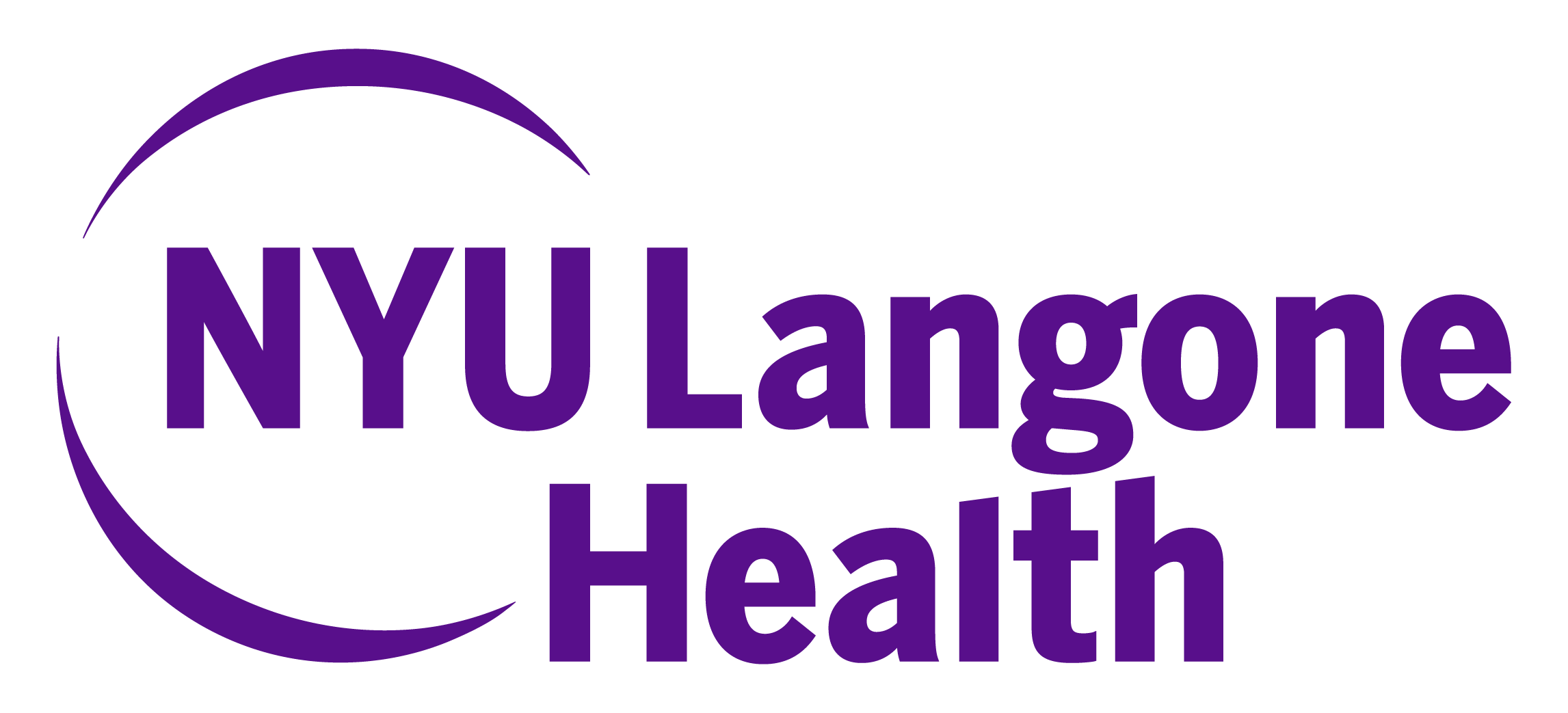- Advertise
- About OncLive
- Editorial Board
- MJH Life Sciences brands
- Contact Us
- Privacy
- Terms & Conditions
- Do Not Sell My Information
2 Clarke Drive
Suite 100
Cranbury, NJ 08512
© 2025 MJH Life Sciences™ and OncLive - Clinical Oncology News, Cancer Expert Insights. All rights reserved.
Dr. Raphael on the Clinical Implications of the CLL14 Trial
Bruce G. Raphael, MD, discusses the utility of venetoclax and obinutuzumab in chronic lymphocytic leukemia.
Bruce G. Raphael, MD, a clinical professor in the Department of Medicine at NYU Langone Health, discusses the utility of venetoclax (Venclexta) and obinutuzumab (Gazyva) in chronic lymphocytic leukemia (CLL).
The CLL14 trial was one of the first trials to show that the combination of novel agents can provide a greater or more complete response than that achieved with standard regimens, says Raphael. In the trial, the BCL-2 inhibitor, venetoclax (Venclexta), was combined with obinutuzumab (Gazyva) and compared with the standard treatment comprised of chlorambucil and obinutuzumab.
After a median follow-up of 28.1 months, progression-free survival rate at 24 months was significantly higher in the venetoclax/obinutuzumab arm, at 88.2%, than in the chlorambucil/obinutuzumab arm, at 64.1%. The results of this trial are two-fold, says Raphael. In the 1 year of treatment, patients experienced higher rates of response with the venetoclax/obinutuzumab combination as well as higher levels of minimal residual disease negativity; this translated into better responses, particularly for high-risk patients, concludes Raphael.
Related Content:





